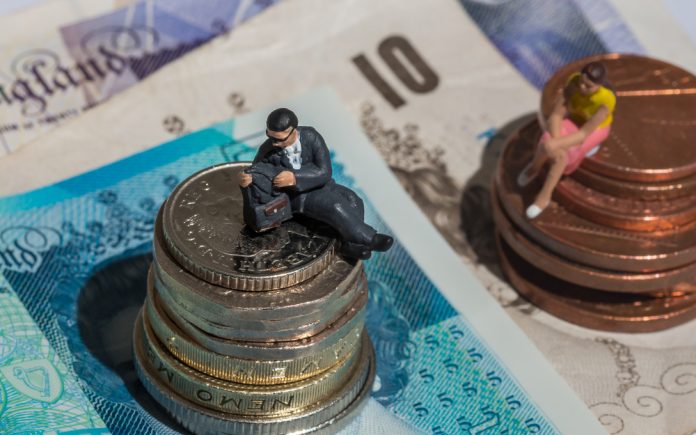Women in developed countries are still being paid 15 percent less than their male counterparts, according to the Organisation for Economic Cooperation and Development (OECD).
The latest OECD report revealed that gender gaps remain “in all areas of social and economic life” across countries, with the size of the gaps only making incremental moves towards parity.
“There is no reason for women to trail behind men in social, economic, and political outcomes. Countries need to do much more to reach the gender equality goals,” said OECD Chief of Staff Gabriela Ramos.
The report found that the most challenging issue proved to be parenthood, which affected mothers more than fathers and “typically has sizeable negative effects on workforce participation, pay and career advancement”.
Last week the BBC were compelled to reveal its wage level figures, with a report into the organisation revealing that men working for the broadcasting service earn an average of 9.3 percent more than women.
This prompted comments from UK billionaire businessman Lord Alan Sugar in which he argued that women should push for higher pay to reduce the gap.
After the BBC were compelled to reveal wage levels, Lord Sugar commented in an interview with The Press Association:
“I don’t think transparency over pay is the correct thing. It’s a private issue and I think it’s disgraceful, actually, that the BBC were forced to publish what people were earning,” Lord Sugar said.
Lord Sugar stated in the interview, that the gender pay gap “can be narrowed by the lady herself saying, ‘No, I want more money. Right, you want me to do that, I want more money.'”.
Similarly, female journalists at the Financial Times threatened to strike earlier this summer, over mounting discontent regarding a disparity in their pay compared to their male peers.
Currently, the gender pay gap among the FT’s editorial staff is at 13 percent, above the the BBC. Similarly, its target of reaching pay parity by 2022 is slower than the BBC’s own objective of closing the pay gap by 2020.

